Simple maintenance tips to extend the lifespan of your kitchen equipment and save money on repairs.
-
 Cooking Appliances
add remove
Cooking Appliances
add remove
-
 Pizza & Grill
add remove
Pizza & Grill
add remove
-
 Refrigeration
add remove
Refrigeration
add remove -
 Combi Steamer
add remove
Combi Steamer
add remove
-
 Kitchen Appliances
add remove
Kitchen Appliances
add remove
-
 Rinsing & Cleaning
add remove
Rinsing & Cleaning
add remove
-
 Retail Refrigeration
add remove
Retail Refrigeration
add remove
-
 Cafe & Ice Cream
add remove
Cafe & Ice Cream
add remove
-
 Smart-Gastro
add remove
Smart-Gastro
add remove
-
 Cooking Appliances
add remove
Cooking Appliances
add remove
-
 Pizza & Grill
add remove
Pizza & Grill
add remove
-
 Refrigeration
add remove
Refrigeration
add remove -
 Combi Steamer
add remove
Combi Steamer
add remove
-
 Kitchen Appliances
add remove
Kitchen Appliances
add remove
-
 Rinsing & Cleaning
add remove
Rinsing & Cleaning
add remove
-
 Retail Refrigeration
add remove
Retail Refrigeration
add remove
-
 Cafe & Ice Cream
add remove
Cafe & Ice Cream
add remove
-
 Smart-Gastro
add remove
Smart-Gastro
add remove

Call us:
+49 (0) 6135 7040 450Latest posts
-
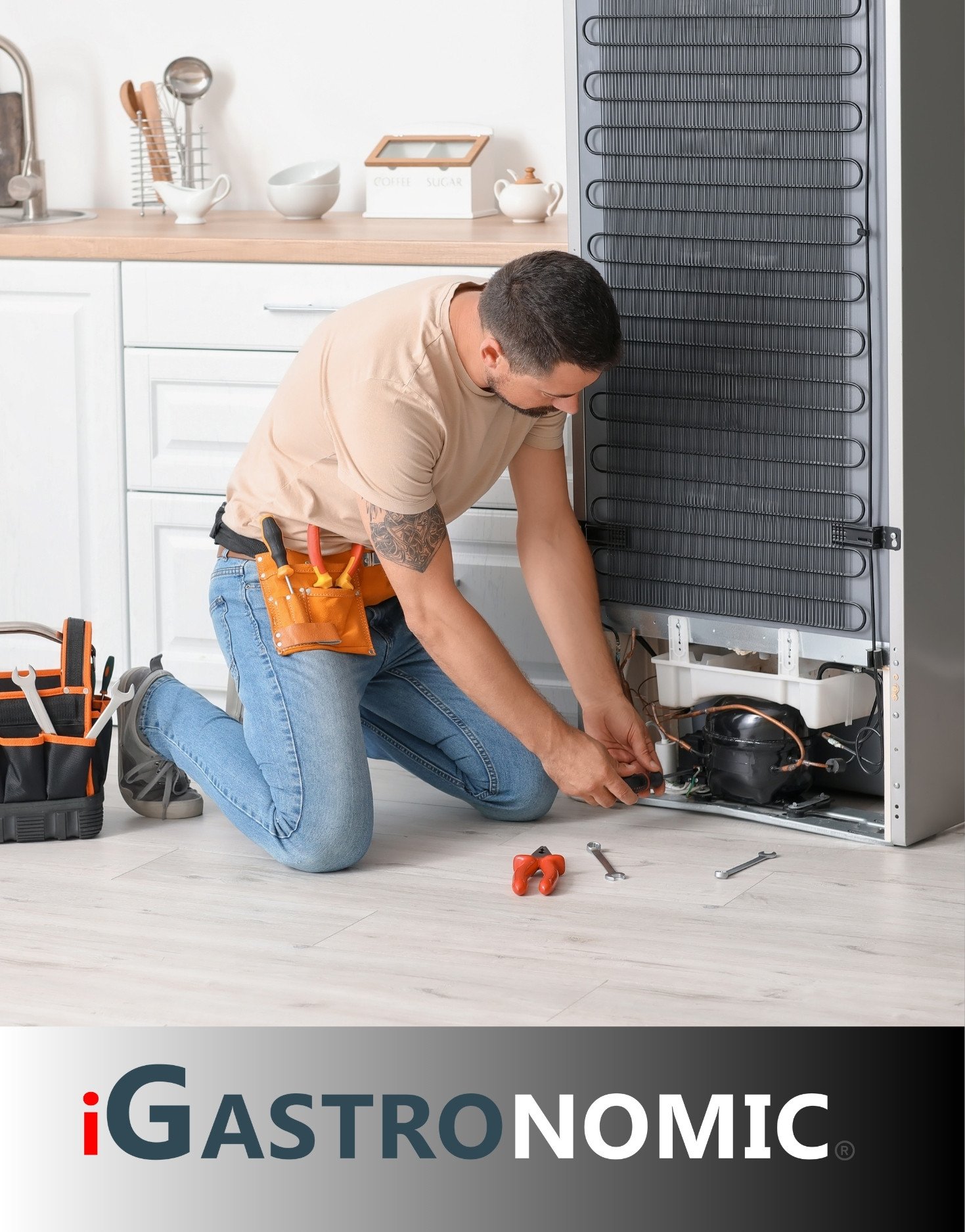 How to Extend the Lifespan of Your Kitchen Equipment with Simple MaintenanceRead more
How to Extend the Lifespan of Your Kitchen Equipment with Simple MaintenanceRead more -
 The Ultimate Guide to Making the Best Brown Sugar Bubble Tea08/25/2025Read more
The Ultimate Guide to Making the Best Brown Sugar Bubble Tea08/25/2025Read moreSip into the ultimate guide for making the perfect brown sugar bubble tea, the sweet and trendy drink of the year.
-
 Understanding the Total Cost of Ownership for iGastroNomic Equipment and Legal Regulations Compliance08/10/2025Read more
Understanding the Total Cost of Ownership for iGastroNomic Equipment and Legal Regulations Compliance08/10/2025Read moreDiscover the total cost of ownership for iGastroNomic equipment and how it meets legal regulations. Learn how...
-
 Gas Lava Stone Grill vs Water Grill vs Griddle: Which is the Best Option for You?08/09/2025Read more
Gas Lava Stone Grill vs Water Grill vs Griddle: Which is the Best Option for You?08/09/2025Read moreGas lava stone grills, water grills, and griddles each have their own unique features and benefits, making it...
-
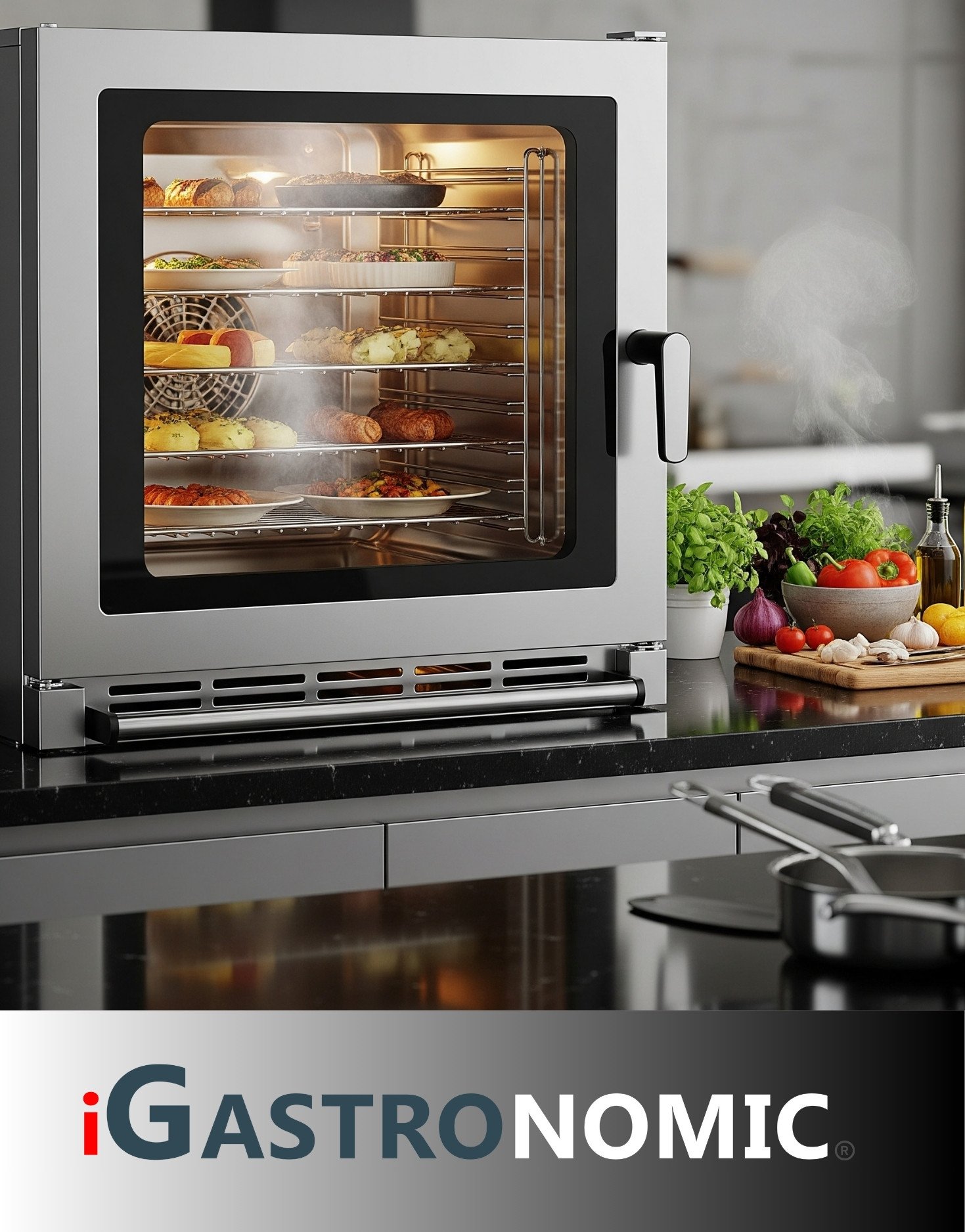 Air Fryer vs Oven: Which is Better for Cooking?08/08/2025Read more
Air Fryer vs Oven: Which is Better for Cooking?08/08/2025Read moreDiscover the pros and cons of using an air fryer vs an oven for cooking. Find out which appliance is better suited...
-
 Secure Liquidity: Why Gastro Leasing is the Smart Choice for Your Professional Kitchen08/03/2025Read more
Secure Liquidity: Why Gastro Leasing is the Smart Choice for Your Professional Kitchen08/03/2025Read moreDiscover how Gastro Leasing helps you launch with a professional kitchen without high upfront investments, all while...
-
 The Convenience of Pizza Vending Machines: A Guide to Grabbing a Quick Slice on the Go08/02/2025Read more
The Convenience of Pizza Vending Machines: A Guide to Grabbing a Quick Slice on the Go08/02/2025Read moreDiscover the convenience of pizza vending machines and how they offer a quick and easy way to enjoy your favorite...
-
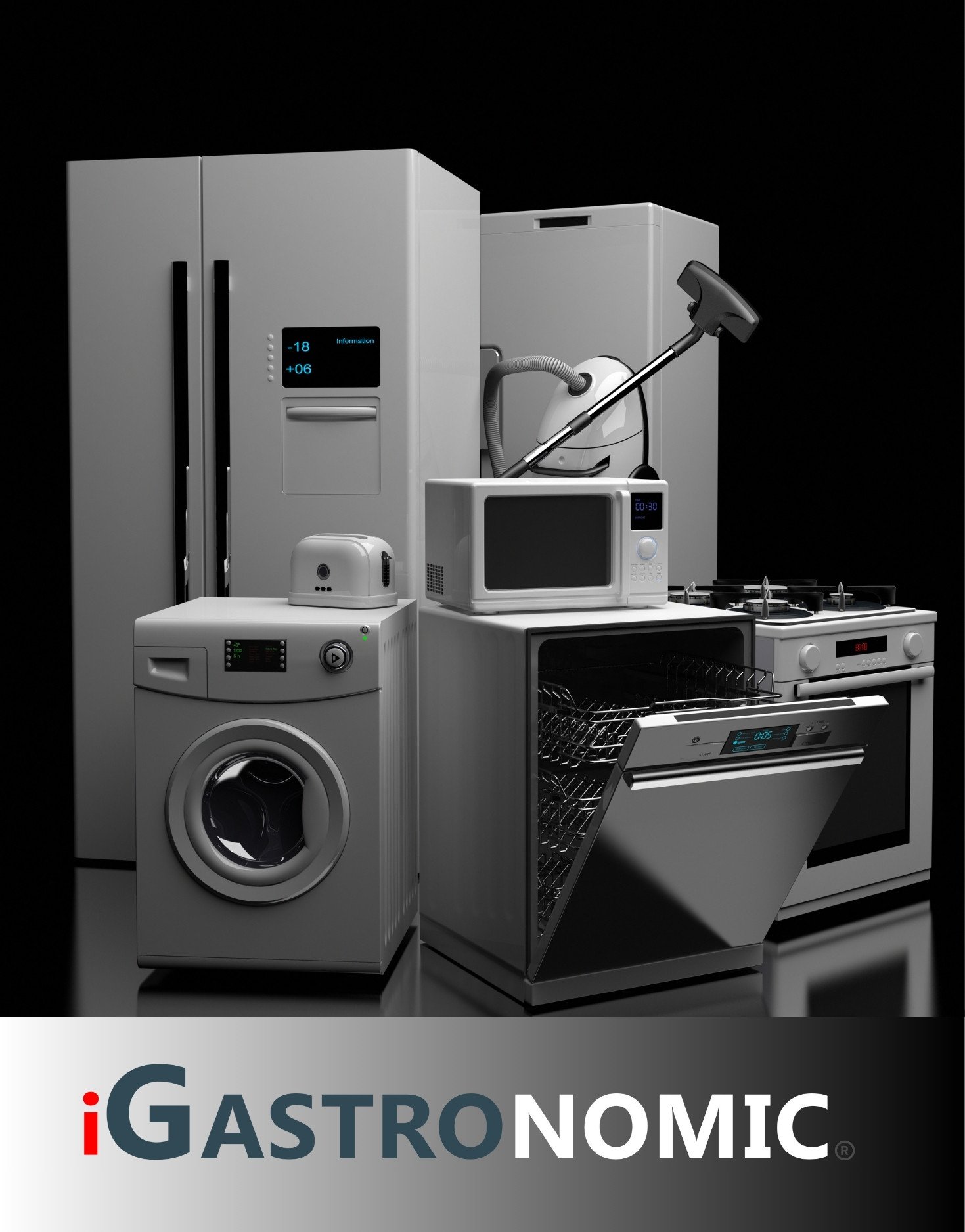 Which Electric Appliances Use the Most Electricity?07/31/2025Read more
Which Electric Appliances Use the Most Electricity?07/31/2025Read moreLearn about the electric appliances that consume the most electricity and how to reduce their energy usage to save...
-
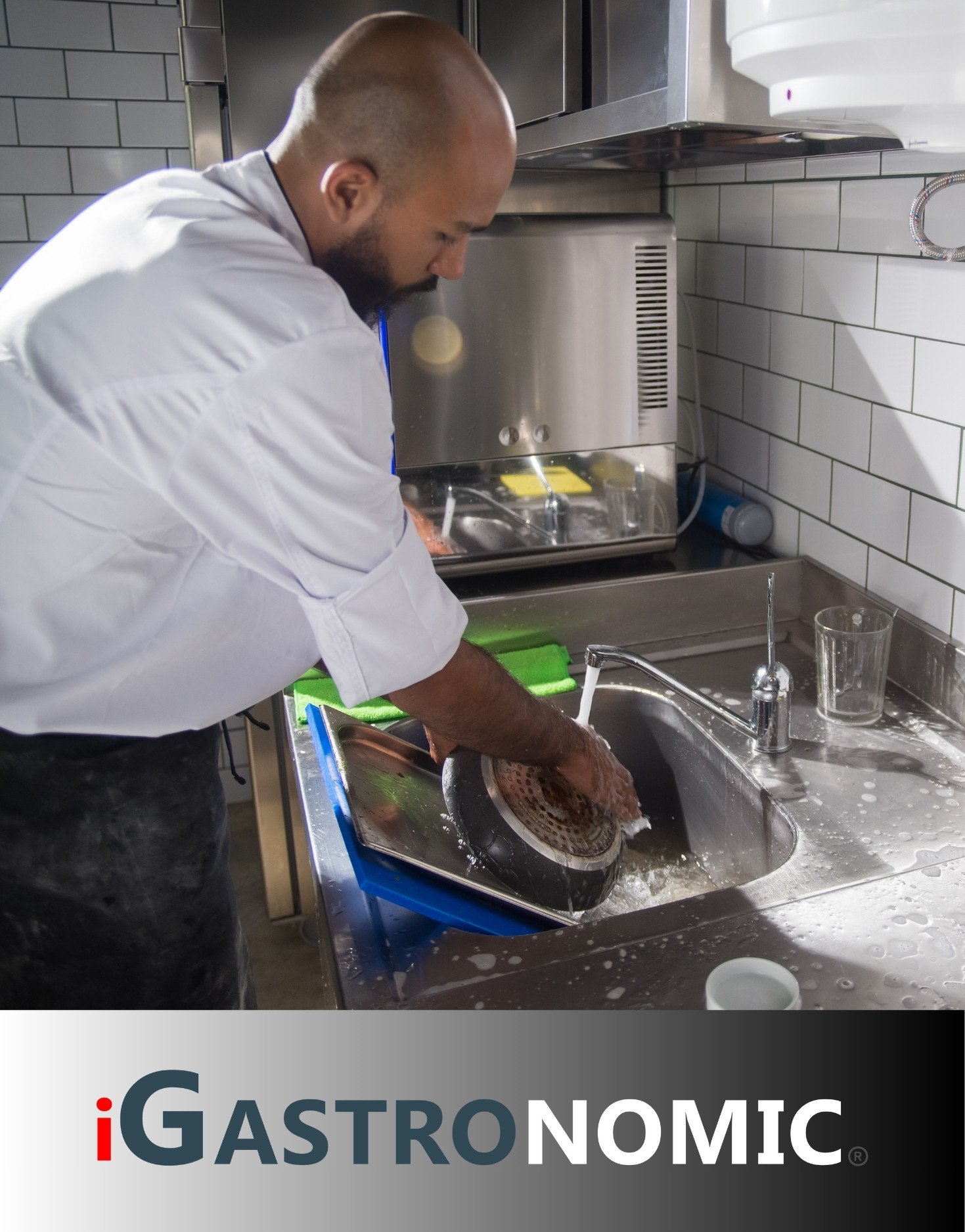 How to Clean Stainless Steel Cookware Without Scratching It07/30/2025Read more
How to Clean Stainless Steel Cookware Without Scratching It07/30/2025Read moreLearn how to properly clean and maintain your stainless steel cookware without causing any damage or scratches....
-
 The Ultimate Guide to Making the Best Dubai Chocolate07/27/2025Read more
The Ultimate Guide to Making the Best Dubai Chocolate07/27/2025Read moreLearn how to make the best Dubai chocolate at home with this comprehensive guide. Discover the equipment you need and...
Blog categories
Search in blog
Archived posts
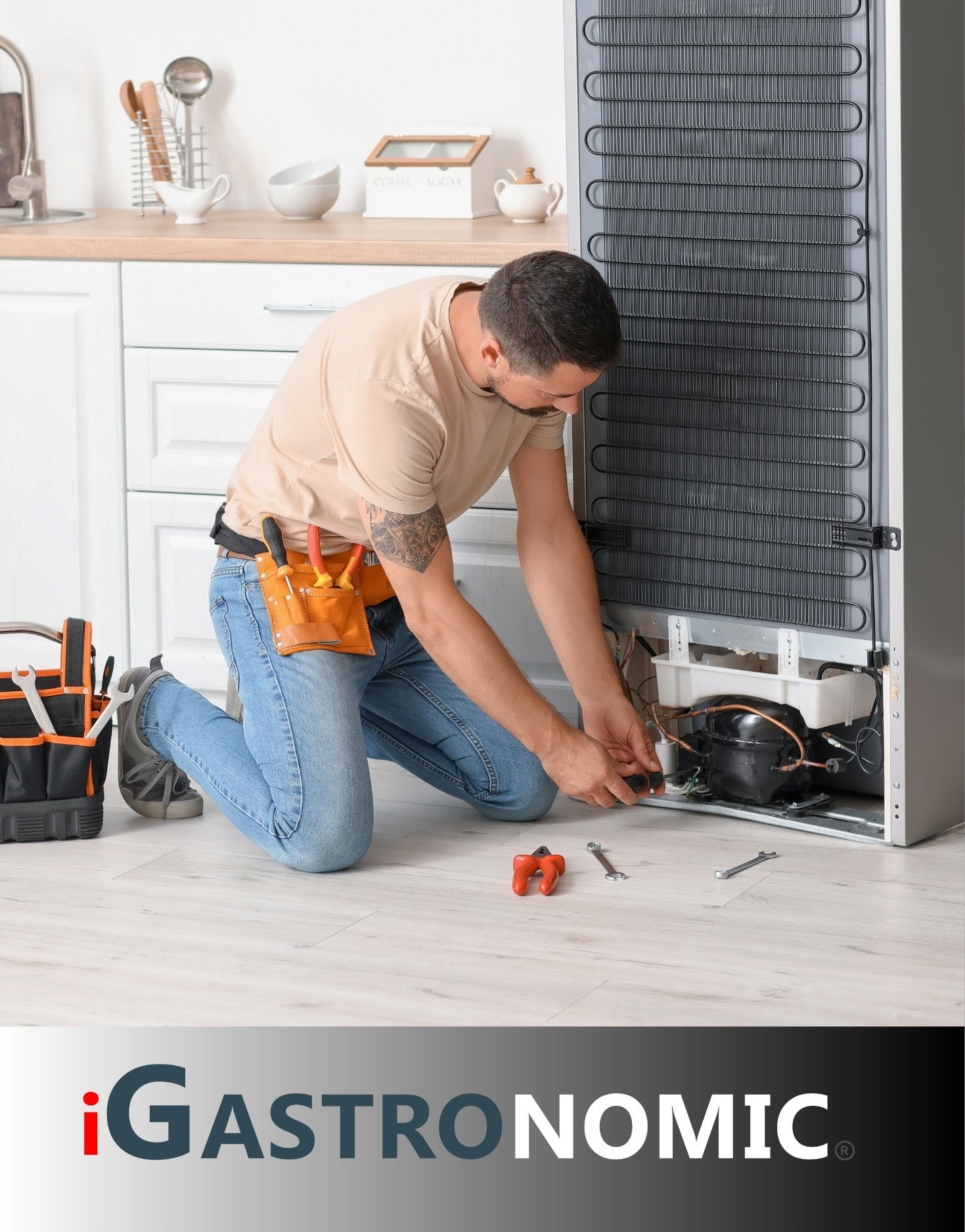
How to Extend the Lifespan of Your Kitchen Equipment with Simple Maintenance
Your kitchen equipment is more than just tools it’s an investment. Whether you’re cooking at home or running a professional kitchen, reliable appliances keep your operations efficient and stress-free. But without proper care, even the most durable machines can wear out faster than expected. The good news? With a few simple maintenance practices, you can extend the lifespan of your kitchen equipment, save money on repairs, and ensure consistent performance.
Here are some practical, easy-to-follow steps you can start using today.
1. Clean Regularly and Correctly
Dirt, grease, and food residue are the leading causes of equipment wear and tear.
-
Daily wipe-downs prevent buildup on stoves, mixers, and countertops.
-
Deep cleaning schedules (weekly or monthly) keep appliances like ovens, refrigerators, and fryers running smoothly.
-
Always use cleaning agents recommended by the manufacturer to avoid corrosion or damage.
Tip: For stainless steel surfaces, avoid harsh abrasives. Instead, use a soft cloth and mild detergent to preserve shine and prevent scratches.
2. Follow Manufacturer Guidelines
Every piece of kitchen equipment comes with a manual for a reason. These guidelines detail:
-
Correct usage methods.
-
Cleaning instructions.
-
Recommended maintenance schedules.
Ignoring these instructions can shorten your equipment’s lifespan and may void warranties. Keep manuals handy (physical or digital) for quick reference.
3. Have a Professional Set Up Your Equipment
Improper installation is one of the biggest reasons appliances fail early. Having a qualified professional set up complex machines like ovens, refrigerators, or dishwashers ensures that they are calibrated correctly, safely connected to power or water lines, and working at optimal efficiency. A proper setup reduces the risk of breakdowns and extends overall equipment life.
4. Don’t Overload Appliances
Overloading mixers, blenders, dishwashers, or ovens forces the motor and components to work harder than designed, leading to breakdowns. Stick to recommended capacities to reduce strain and prevent premature failure.
Example: Filling a blender beyond its maximum capacity can burn out the motor faster than regular use.
5. Check for Wear and Tear Early
Small issues often grow into expensive problems if left unattended.
-
Inspect cords, seals, hinges, and blades regularly.
-
Replace worn gaskets, filters, or broken parts promptly.
-
Listen for unusual noises from motors or fans, as these can signal underlying problems.
Being proactive with minor repairs is much cheaper than replacing an entire appliance.
6. Lubricate Moving Parts
For equipment with gears, hinges, or other moving parts, proper lubrication reduces friction and extends performance. Use food safe lubricants and follow manufacturer recommendations for frequency.
7. Maintain Proper Storage
Storage conditions affect your kitchen tools more than you might think:
-
Store knives in a block or magnetic strip to prevent dulling.
-
Keep electrical appliances in dry, cool areas away from moisture.
-
Cover equipment not in use for extended periods to prevent dust buildup.
8. Monitor Electrical and Water Connections
Appliances like dishwashers, coffee machines, and refrigerators rely heavily on steady power and water flow.
-
Check plugs and sockets for wear.
-
Ensure water lines are free from leaks or mineral buildup.
-
Use surge protectors to guard sensitive appliances from electrical spikes.
9. Schedule Professional Servicing
Some tasks are best left to experts. Annual or biannual servicing for large appliances like ovens, refrigerators, and commercial fryers ensures they operate safely and efficiently. Professionals can spot issues that regular users may overlook.
Refrigerators & Freezers Stainless Steel
Final Thoughts
Your kitchen equipment works hard for you return the favor with consistent care. By following these simple maintenance steps, you’ll extend the lifespan of your appliances, save money in the long run, and keep your kitchen running at peak efficiency.
Related posts
-
 More Than Just Fast Food - All You Need to Know
Posted in: Tips & Tricks01/15/2025System Gastronomy: Learn more about this exciting business model. From Fast Food to Casual Dining - we explain...Read more
More Than Just Fast Food - All You Need to Know
Posted in: Tips & Tricks01/15/2025System Gastronomy: Learn more about this exciting business model. From Fast Food to Casual Dining - we explain...Read more -
 The 10 Most Expensive Restaurants in the World
Posted in: Tips & Tricks01/17/2025When it comes to fine dining and luxurious culinary experiences, some restaurants around the globe capture attention...Read more
The 10 Most Expensive Restaurants in the World
Posted in: Tips & Tricks01/17/2025When it comes to fine dining and luxurious culinary experiences, some restaurants around the globe capture attention...Read more -
 Which Restaurant Makes the Most Revenue? A Deep Dive into the World of Gastronomy
Posted in: Tips & Tricks01/18/2025Who are the revenue giants in the gastronomy industry? We reveal the top players and analyze why they are so...Read more
Which Restaurant Makes the Most Revenue? A Deep Dive into the World of Gastronomy
Posted in: Tips & Tricks01/18/2025Who are the revenue giants in the gastronomy industry? We reveal the top players and analyze why they are so...Read more -
 Boost Your Restaurant's Revenue with Pergolas and Louvered Roofs
Posted in: Tips & Tricks01/25/2025Ever wondered how to make your restaurant more appealing and increase your sales? The answer might be simpler than...Read more
Boost Your Restaurant's Revenue with Pergolas and Louvered Roofs
Posted in: Tips & Tricks01/25/2025Ever wondered how to make your restaurant more appealing and increase your sales? The answer might be simpler than...Read more -
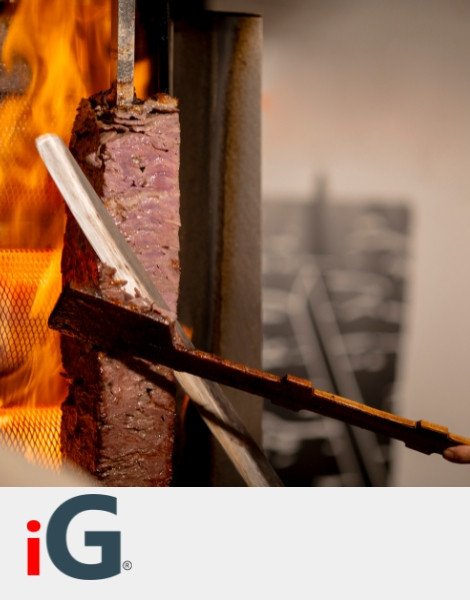 The World of Döner: From Traditional Recipes to the Best Döner Spots Worldwide
Posted in: Tips & Tricks01/28/2025Learn how to make authentic Yaprak Döner, discover the best döner spots in Germany and worldwide, and explore the...Read more
The World of Döner: From Traditional Recipes to the Best Döner Spots Worldwide
Posted in: Tips & Tricks01/28/2025Learn how to make authentic Yaprak Döner, discover the best döner spots in Germany and worldwide, and explore the...Read more


.jpg)
.jpg)
.jpg)
.jpg)
.jpg)
.jpg)
.jpg)
.jpg)
.jpg)
.jpg)

.jpg)

.jpg)
.jpg)
.jpg)
.jpg)
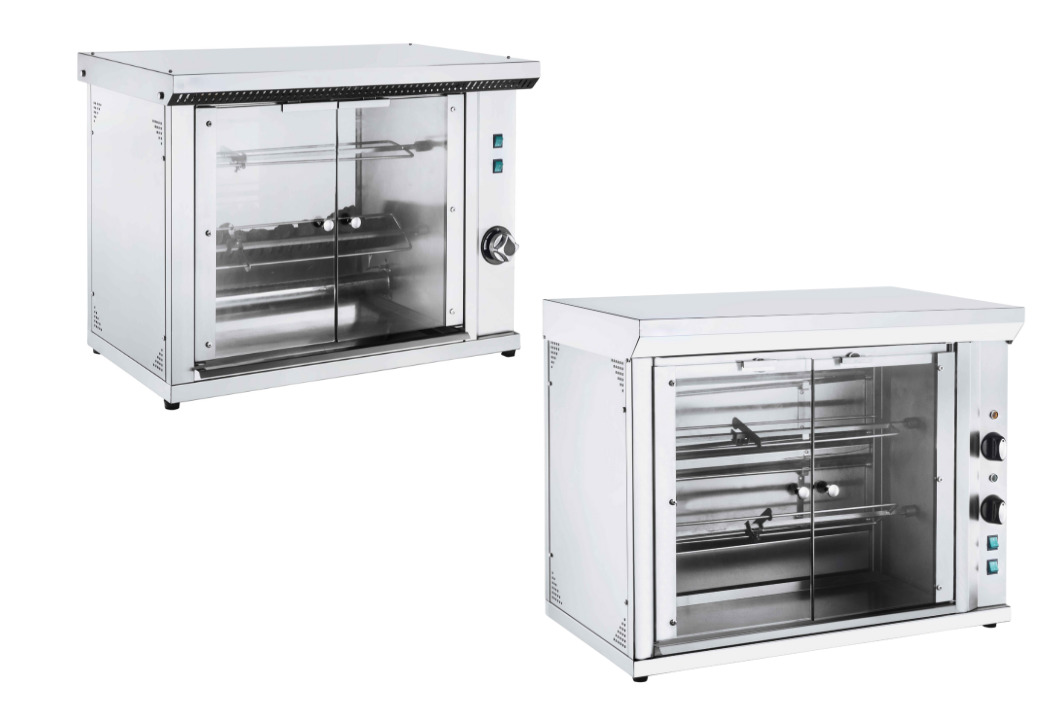
.jpg)
.jpg)
.jpg)
.jpg)
.jpg)
.jpg)




.jpg)
.jpg)
.jpg)
.jpg)
.jpg)
.jpg)
.jpg)
.jpg)
.jpg)



.jpg)
.jpg)

.jpg)
.jpg)
.jpg)
.jpg)




.jpg)
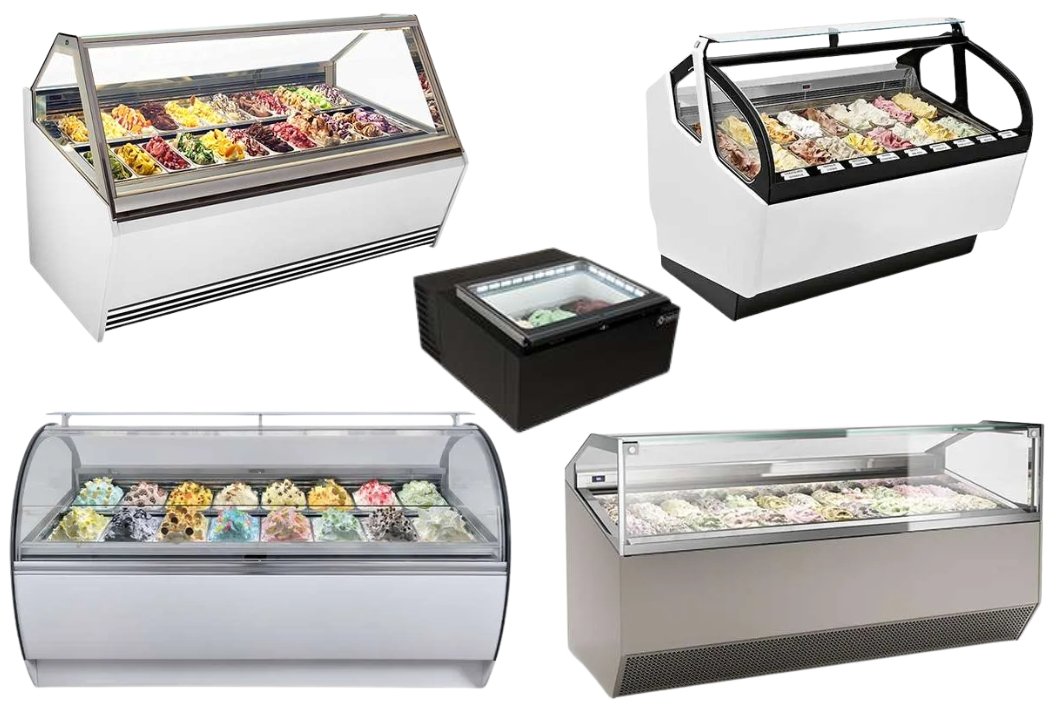

.png)
.jpg)
.jpg)
 (200 x 136 px) (5).png)
.png)
Leave a comment